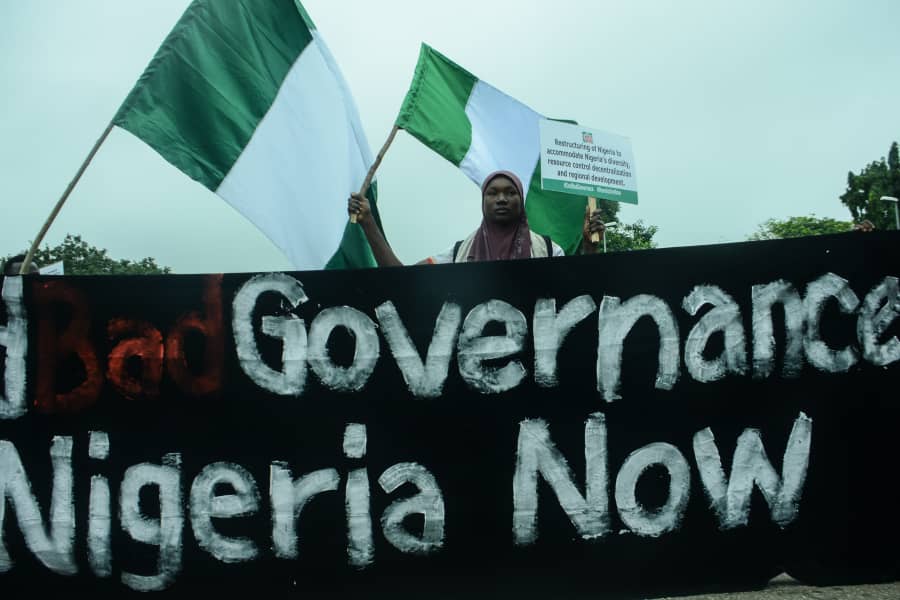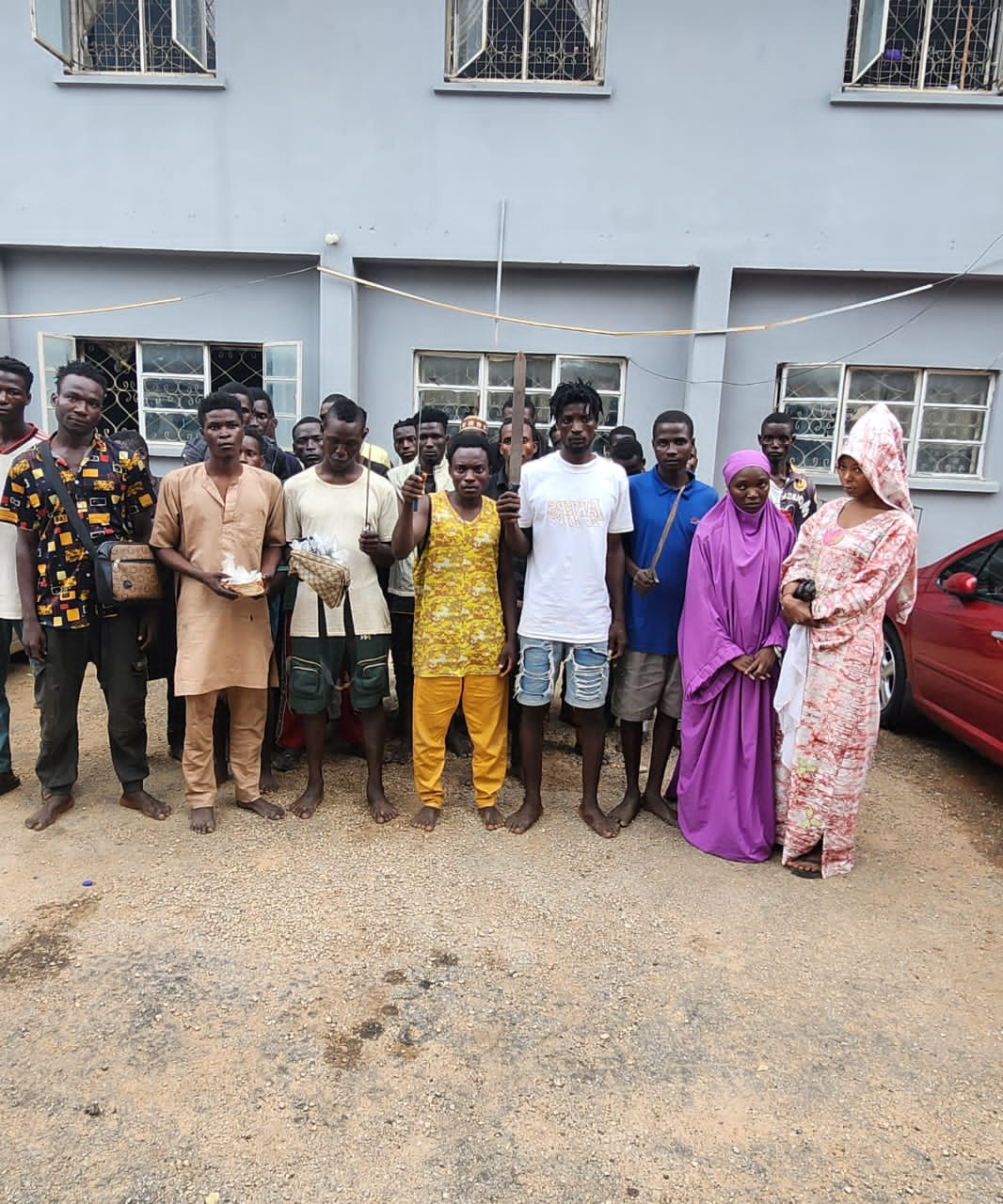By Peter N. Peters
As the nation grapples with the impact of the hunger-induced nationwide #EndBadGovernance protest, it is crucial to examine the federal government’s response to the protest and the motivations behind it.
It is worth noting that President Tinubu’s government initially attempted to prevent the nationwide protest from taking place. They went to great lengths to stop it, including holding meetings with various groups such as religious and traditional leaders, youth organizations, and student bodies. They also sought legal injunctions to restrict the protesters to specific areas, particularly in the FCT and Lagos.
Despite these efforts, the protest eventually took place from August 1 to 10, 2024. It took three days of appeals from concerned citizens for the President to address the nation and acknowledge the concerns of the protesters. However, his 36-chapter address failed to address the protesters’ immediate needs. The closest he came was assuring them that he heard them ‘loud and clear’ and was open to conversations with them. This insensitive attitude toward the citizens’ plight was widely criticized, as the President seemed disconnected from their concerns.
Furthermore, the President’s speech did not outline any immediate steps his government was taking to alleviate hunger and extreme poverty in the country. This raises the question of who the President feels indebted to if not the electorate. The answer lies in his ‘Political Structure’ – a corrupt and lawless network that helps politicians secure power regardless of the voters’ choices.
For instance, in Rivers State, there is an ongoing power struggle between the former Governor, now Minister of the FCT, Barr. Nyesom Wike, and his estranged ‘political son,’ Sim Fubara, the Incumbent Governor. The bone of contention is Wike’s “political structure” in the state. Wike insists that his ‘political structure’ must not be tampered with, even if it hinders effective governance. This fight highlights the grip that political structures have on politicians and their disregard for the welfare of the people.
President Tinubu, on the other hand, has built his ‘political structures’ since assuming office as the Governor of Lagos State in 1999. These structures have helped him maintain power, despite the rejection of his candidacy by a significant portion of the electorate during the 2023 presidential election. His infamous London declaration before the election emphasized the need to seize and grab political power, rather than sharing it through democratic means. This approach to politics demonstrates the power and influence of political structures.
It is evident that the President does not feel indebted to the ‘hungry protesters’ who rejected him at the polls. Rather than addressing their immediate concerns, he sees their nationwide protest as an opportunity to strengthen his political structure for the upcoming 2027 election. His ‘political structure’ comprises individuals he has helped to assume political power, regardless of their pending criminal cases related to embezzlement. This structure also includes thugs, corrupt judges, compromised security agencies, corrupt INEC officials, native doctors, and even religious leaders who defend their criminal activities.
A report from the National Bureau of Statistics (NBS) in collaboration with the United Nations Office on Drugs and Crime (UNODC) revealed that Nigerian Officials received N721 Billion in cash bribes in 2023 alone. That is not all. The clincher is that Nigerian Judges topped the list of the recipients of these bribes. In our time, election riggers are increasingly bold and quick to tell those they have robbed of their victory to ‘go to court.’ Electioneering continues to suffer an integrity deficit so much that elections are won and lost more in the law courts than through the ballot boxes.
While the hungry and poverty-stricken masses continue their protest, the President remains unmoved, viewing hunger as a tool of suppression. However, any threat to his criminal gang and their hold on power will be met with resistance. This mindset of prioritizing self-preservation and positioning for the next election is prevalent among Nigerian politicians. Their decisions and policies are influenced by what will consolidate their power, rather than improving the quality of life for the people.
Recently, President Tinubu presided over a meeting of the Council of States, which included former Presidents, heads of state and government, former Chief Justices of Nigeria, governors, and other key figures. Instead of addressing the hunger and restiveness of the citizens, the government spokespersons claimed that the protesters intended to overthrow the President, leading to a ‘vote of confidence’ in his favor. This assurance from a select group of power mongers relieved the President, as their cooperation secures his path to a second term.
Unfortunately, this mindset also prevails when it comes to reforms. Economic and constitutional reforms that may threaten the grip on power of the President and other political officeholders are often disregarded. Nigeria’s brand of democracy appears to prioritize the ruling class over the citizens, with little regard for their opinions.
However, every evil has an expiry date, and power ultimately belongs to the people. The citizens who marched in protest against bad governance and poverty have awakened. The government’s choice to ignore their voices may have dire consequences. A critical mass of determined people can bring about change, and it is crucial to avoid making peaceful change impossible, as it may lead to violent change.
Peters is a media practitioner based in the FCT, Nigeria. He is also the Executive Secretary, Advocacy for Ethics & Values Sensitization Initiative (AEVSI). He can be reached with the email: pnpeters22@gmail.com, website: www.aevsi.com




